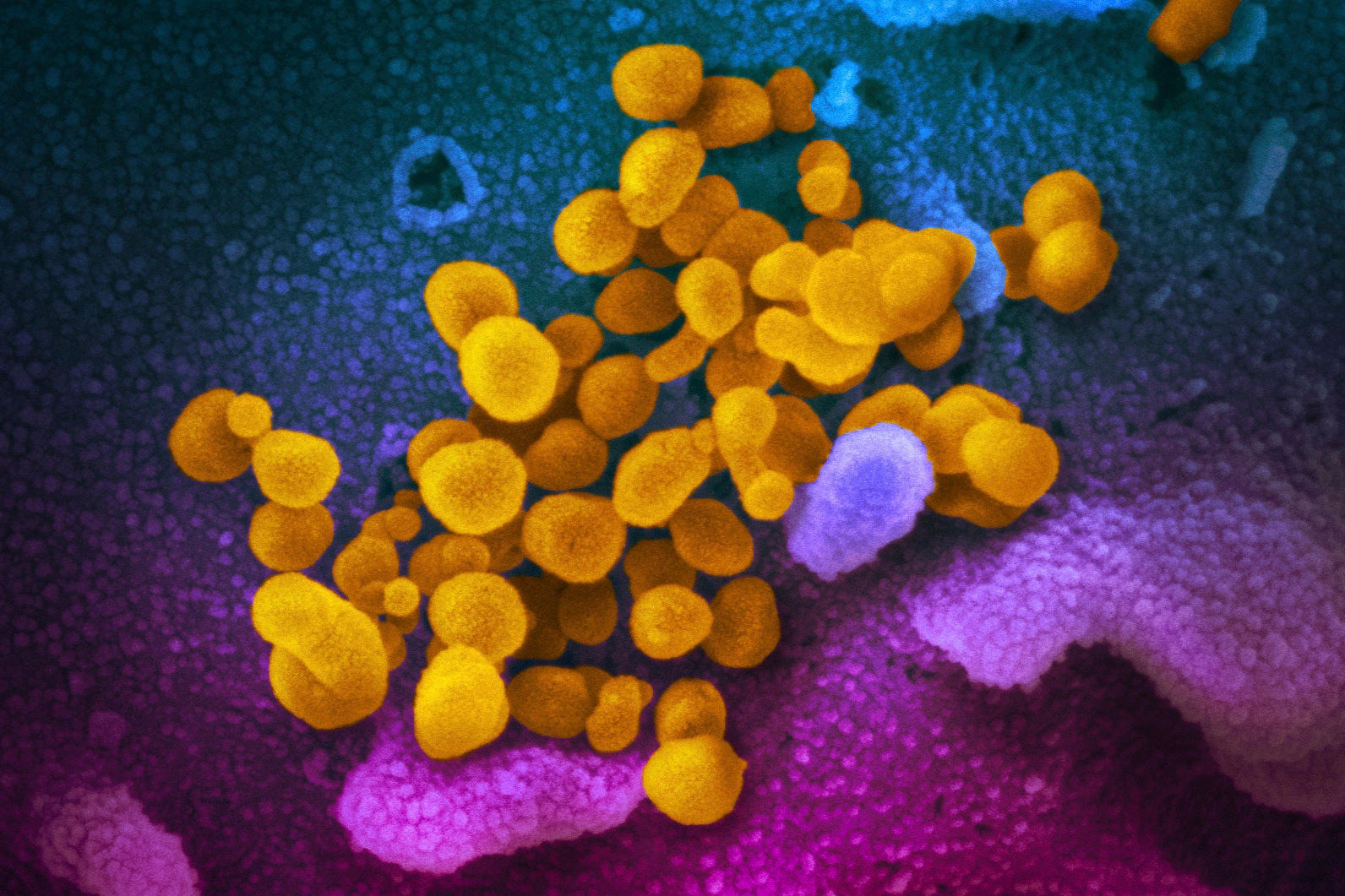
A single-dose vaccine for HIV and Covid-19 could be developed by combining two different immune system stimulants, new research has suggested.
Scientists at MIT and the Scripps Research Institute found that combining two substances to stimulate the immune system, known as adjuvants, in vaccines improved immune responses to HIV in mice, compared to using either one alone.
The findings suggest this approach could one day generate an immune response powerful enough to require only a single dose.
The combined vaccine accumulated in their lymph nodes - where B cell white blood cells target antigens, foreign substances like bacteria and viruses.
Specifically, the dual adjuvant, Alum-pSer/SMNP, helped the vaccine gather on specialised cells called follicular dendritic cells in the lymph nodes. Follicular dendritic cells bind and retain antigens and then present them to the B cells to trigger a secondary immune response.

As the vaccine’s antigens remained there for up to a month, the immune system was able to increase the production and variety of antibodies against HIV, compared to a vaccine with a single adjuvant.
“It offers the opportunity to engineer new formulations for these types of vaccines across a wide range of different diseases, such as influenza, SARS-CoV-2, or other pandemic outbreaks,” Professor J. Christopher Love, one of the senior authors of the paper on the study, told MIT Technology Review.
“When you think about the immune system sampling all of the possible solutions, the more chances we give it to identify an effective solution, the better,” he added.
So far research has mainly focused on improving the part of the vaccine that triggers an immune response, immunogens, while the adjuvant has been less studied. Studying the adjuvant is therefore an important step to produce a successful vaccine.
“These data highlight the importance of adjuvants and demonstrate how tailoring adjuvants to vaccines could improve their efficacy,” the researchers wrote in the paper on the study.
The study used a compound previously developed by Professor Darrell Irvine, another senior author of the paper.

While this study was conducted in mice, the findings could inform future vaccine design for humans.
By tailoring adjuvants to work in combination, scientists hope to develop vaccines that are more effective and possibly require only a single dose.
This approach could be applied to diseases beyond HIV and Covid-19, including influenza and other emerging viruses.
It comes as new Covid variants continue to emerge, including the Stratus strain with two variants - XFG and XFG.3.
While XFG.3 now now accounts for 30 percent of cases in the UK, experts say there is no cause for alarm as it is normal for viruses to mutate and change.
New Covid strain hits California as officials grapple with Trump’s vaccine policies
Thailand arrests Buddhist monk over alleged embezzlement linked to AIDS hospice he founded
Warning hundreds could die from measles if vaccine rates don’t improve
GCSE results day explained: Grade boundaries, how to appeal, and new app
Plague infects New Mexico man after run of cases in western states
Fertility rate plummets to record low – this is how UK compares with rest of world







